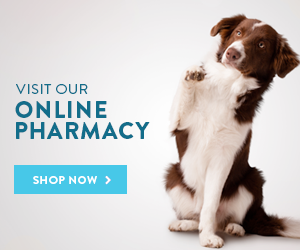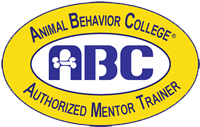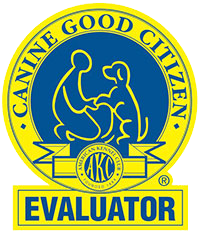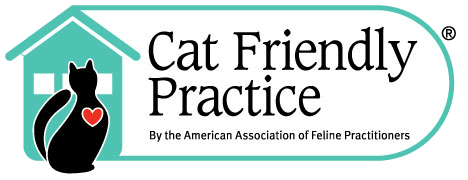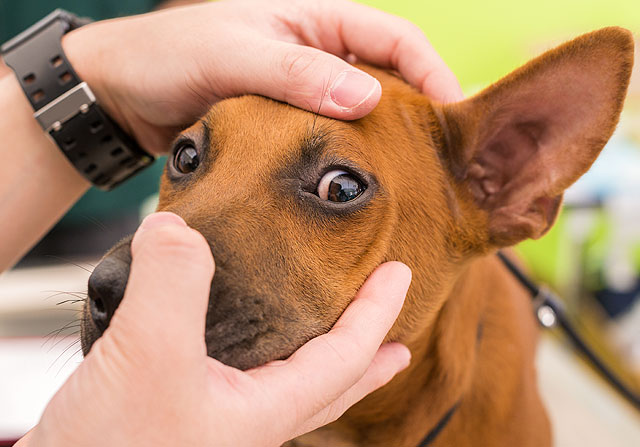
Usually, once a week I have a patient come in for an eye exam. Although, there are veterinary ophthalmologists, many eye concerns for pets can easily be handled by their primary vet.
The first thing that I Iook for is discharge from the eye. Is there any? Which eye, or both? Liquid tearing or more mucous? Color?
Are the eyes the same size? Pupils the same size? Dilated puppy or constricted?
Is there reddening of the sclera, (the white portion above the iris)?
Is the eye squinting?
This last question is of great importance. Many times a pet is brought in with a history of squinting its eyes for days. If you remember only ONE THING from this article, remember that squinting means that your pet is in PAIN! Just like limping means that your pet is in pain. No, they are not crying out loud, but they are definitely in pain Anybody who has had a corneal ulcer will tell you that it is excruciatingly painful. I speak from experience, and my ulcer was microscopic.
Corneal Ulcers
Corneal ulcerations usually present with the pet squinting. A topical stain enables the ulcer to be visible as a green mark on the cornea. If the ulcer continues to deepen it may actually cause rupture of the eyeball with surgery to repair the ulcer or even possible removal of the eye (enucleation). Squinting of the eye is an EMERGENCY!
Dry Eye
Many pets that have a mucoid discharge from one or both eyes are misdiagnosed by their owner and even some vets as having an eye infection. Many of these pets actually suffer from dry eye, known as keratoconjunctiva sicca (KCS). There are two components that lubricate the cornea, (surface of the eye), tears and mucous. If the tear level decreases, the mucous steps in to coat the eye and production of mucous is extreme. A simple 1 minute test can give me a reading as to the amount of tears being produced. If your pet has dry eye, not only do they produce copious amounts of mucous that you clean each day, but the eyelids passing over the eye will actually cause superficial damage to the cornea (keratitis). The treatment for dry eye consists of a drop that increases tear production as well as applying lubricating gels.
Conjunctivitis
Most people have heard the word conjunctivitis. Many people also know of “pink eye” in humans. The tissues around the eye, or conjunctiva, can become reddened and swollen. This is a response to viral and bacterial components. Bacterial conjunctivitis is treated with antibiotic topical drop or ointment. Viral conjunctivitis is typically seen in cats and actually treatment consists of oral medications to increase the cat’s immune system.
Please note: your pet’s conjunctivitis is not a concern as far as transferring this disease to humans.
Glaucoma
Yes, even dogs can get glaucoma, the increase of pressure of the eyeball. Any breed is susceptible, but Cockers, Bassett Hounds, Beagles, Poodles and Sheba Inus are overly represented. It may be very subtle, but one eye is typically larger in size than the other. The increase in eye pressure also increases the capillaries of the clear causing a reddened upper eye. We have a tonometer that measures eye pressure. This painless procedure can be done in our office.
Cataracts
This word is the most well known to the lay person but often confused by its meaning. Cataracts are the changes in the lens making it no longer clear but more opaque causing blurry vision and possible blindness. The lens sits behind the pupil and is not visible until it becomes opaque. Cataracts often happen with age, but diabetes will dramatically bring on cataracts in dogs. What is most commonly seen in dogs as they age is nuclear sclerosis. This is a milder change in the lens making it blueish in color. Since dogs tend to have this change around 8 years of age, I often age dogs by the lenses in their eyes and not by their teeth. Dental tartar is so variable in dogs, that it is not a very accurate way to age them. Their is no need for treatment or surgery for nuclear sclerosis.
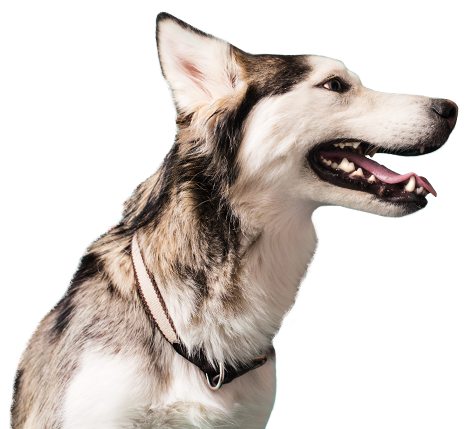
Contact Us
Regular check ups with a veterinarian are important for your pet's health. Contact us today to schedule your next appointment.

